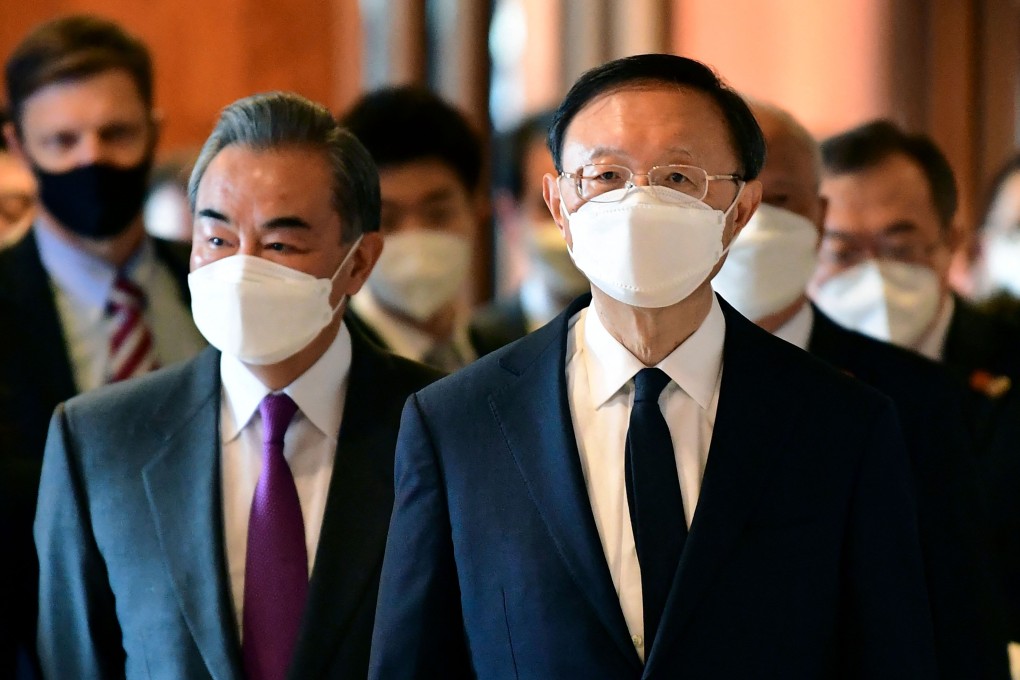Is US-China friction at Alaska meetings a sign of worse to come or start of something better?
- Analysts in Asia say both Washington and Beijing are hesitant to give ground on issues that divide them, like the South China Sea
- But others see possible areas of cooperation, such as over Myanmar, climate change and the coronavirus pandemic

Chong Ja Ian, a political science professor at the National University of Singapore, said that while some discord was foreseen, “the degree of stridency was somewhat unexpected and has echoes of some of the early Cold War meetings between the former Soviet Union and the US”.
“Until then, other parties in Asia and beyond will have to face the challenge of having to constantly adjust to developing circumstances,” Chong said.
James Chin, Asian studies professor at the University of Tasmania in Hobart, Australia, said the inauspicious start indicated that both the US and China would “disengage for a little while and try to come back at a later time”.

02:23
Gloves off at top-level US-China summit in Alaska with on-camera sparring
“A bipolar world may even emerge if these bad feelings [between US and China] cannot be resolved”, Chin warned.